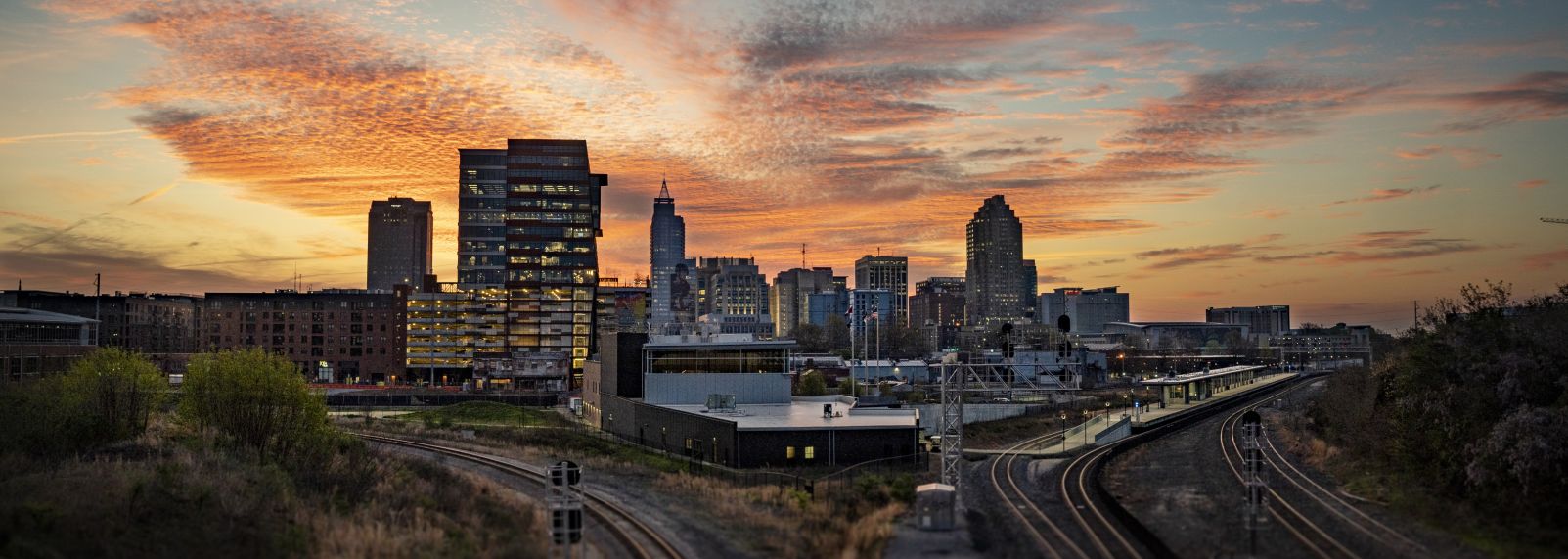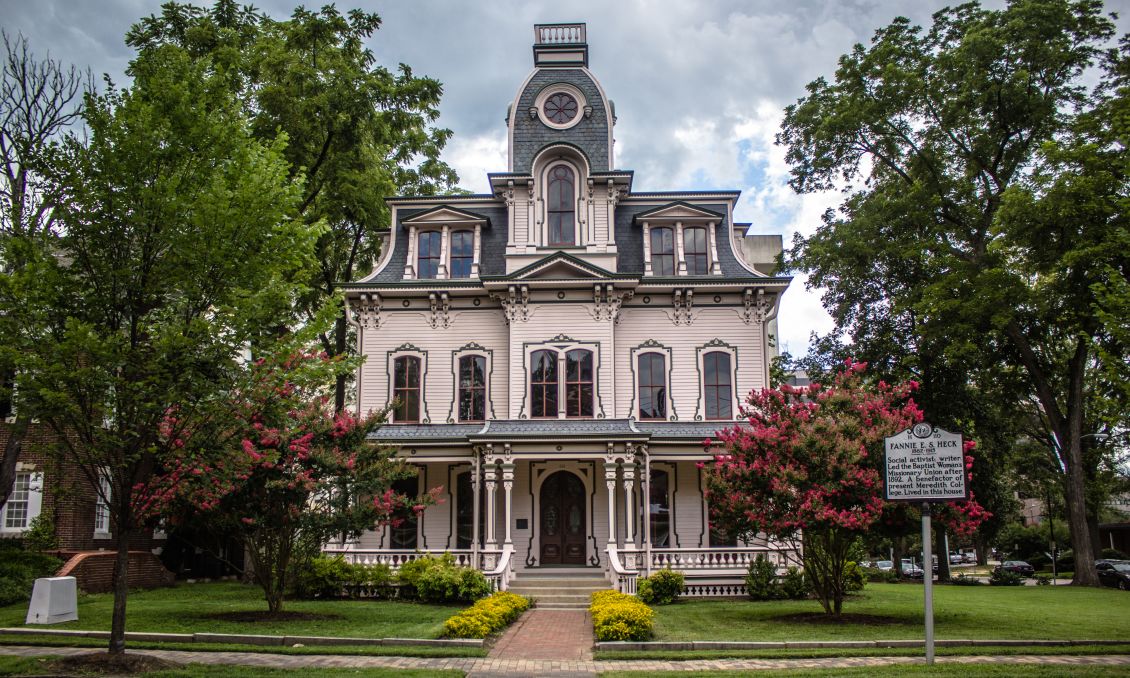- Top 10 Things to Do
- Arts
-
Family Fun
- Family Fun Centers
- Activity-Based Farms
-
Family Fun Guide
- Marbles Kids Museum
- North Carolina Museum of Art and Ann and Jim Goodnight Museum Park
- North Carolina Museum of History
- North Carolina Museum of Natural Sciences
- North Carolina Railway Museum & New Hope Valley Railway
- Pullen Park
- Triangle Rock Club
- Even More Family Fun
- 10 of the Best Annual Events for Kids
- Music
- Nightlife
- Museums
- History
- Sports & Outdoors
- Spectator Sports
- Shopping
- Signature Experiences
- 40 Free Things to Do
- Raleigh Locals Guide
- Cities & Towns
- Request Visitor Information
- visitRaleigh insider blog
- Colleges & Universities
- Maps
- Visitor Information Center
- Fast Facts
- Transportation
- Raleigh Pride
- Weddings
- Reunions
- International
- Sign Up for the E-magazine
From area weather and population to major cultural assets, here are some at-a-glance facts about Raleigh, N.C., and Wake County.
City of Raleigh Mayor: Janet Cowell
Population: Raleigh (2023): 482,295; Wake County (2023): 1,190,275; Raleigh-Cary MSA (2023): 1,509,231
Land Area: Raleigh (2020): 147 square miles; Wake County (2020): 835 square miles
Geography: 434 feet above sea level, Raleigh lies in east-central N.C., where the hilly Piedmont region meets the flat coastal plain.
Visitors: 18.5 million to the Raleigh area in 2023; 17.8 million in 2022
Sales Tax: 4.75-percent state tax; 2.5-percent county tax
Raleigh Facts: Raleigh was founded in 1792 as N.C.'s capital city. It was named for Sir Walter Raleigh, who attempted to establish the first English colony on the shores of the new world in the 1580s. It is the only state capital to have been planned and established by a state as the seat of state government, and it is the largest city in a combined statistical area known as Raleigh-Durham-Chapel Hill (the Research Triangle Region). The city's founding fathers called Raleigh the "City of Oaks" and dedicated themselves to maintaining the area's wooded tracts and grassy parks. Home of the N.C. State Fair, N.C.'s largest annual event.
Wake County Facts: Includes Raleigh and 11 other Wake County municipalities. Sometimes referred to as Raleigh, N.C., Greater Raleigh or the Raleigh area. Home to RDU International Airport and a portion of internationally renowned Research Triangle Park. Accessed by I-40 and four major U.S. highways; I-85 and I-95 pass nearby, with I-95 connected to Raleigh by I-495. Home to 11 principal colleges and universities.
Climate: Springs and summers range from the upper-60s to the upper-80s (degrees Fahrenheit); fall averages in the 70s; winters hit the high-20s to mid-50s. Mean annual rainfall (inches): 45.23. Annual average temperature (°F): 71 (high), 50 (low). Annual average snowfall (inches): 4.7. Average relative humidity (%): 71.3.
Distance from Other Major Cities (in miles)
Asheville, N.C. -- 241
Atlanta, Ga. -- 424
Charlotte, N.C. -- 143
Chicago, Ill. -- 784
Nashville, Tenn. -- 515
New York City, N.Y. -- 489
Orlando, Fla. -- 588
Washington, D.C. -- 251
Wilmington, N.C. -- 123
Parks and Recreation: Raleigh boasts more than 9,000 acres of parkland and almost 1,300 acres of water, offering recreational activities year-round. A nationally-acclaimed greenway system spans more than 200 miles, providing walking, jogging and hiking trails that connect many of the City of Raleigh's 200+ parks and Town of Cary's 30+ parks. Surrounding towns have even more parks and recreational opportunities.
Fauna/Flora: The Raleigh area's hardwood and mixed conifer forests are home to a wide variety of wildlife, including wood ducks, white-tailed deer, Canada geese and wild turkeys.
Sports: Sports and outdoor enthusiasts will find plenty to cheer about. Hockey fans can catch the excitement of the NHL Carolina Hurricanes. Relax outdoors at a Carolina Mudcats Low-A baseball game or at WakeMed Soccer Park watching North Carolina FC men's or North Carolina Courage women's pro soccer. The area is also home to stock car racing (at the Wake County Speedway) and great college athletics.
Arts and Culture: Raleigh has an exceptionally diverse art scene. Visitors can see a touring Broadway show, view original plays in theatres and outside in the parks, listen to the North Carolina Opera or North Carolina Symphony or watch the Carolina Ballet. The Martin Marietta Center for the Performing Arts has a suite of facilities for almost any size performance, including a state-of-the-art symphonic music hall.
Museums: Raleigh is home to three major state museums--of art, history and natural sciences (all are free). The North Carolina Museum of Art celebrated its 50th anniversary in April 1997 and opened a $75 million expansion of iconic gallery and public spaces in April 2010. The North Carolina Museum of Natural Sciences moved into a beautiful new facility in April 2000 becoming the Southeast's largest natural history museum: it opened the state-of-the-art Nature Research Center, a new wing of the museum in April 2012. Across the Bicentennial Plaza, the North Carolina Museum of History (closed for major renovations for the next several years) provides innovative exhibits that tell the state's history. Marbles Kids Museum also gives kids a chance to be hands-on with role-playing and special exhibits. Marbles is also operating N.C.'s only large-screen 3D IMAX theatre next door.
Major Historic Sites in Raleigh
The North Carolina State Capitol, a National Historic Landmark.
The North Carolina Executive Mansion, home to more than 25 governors and their families since 1891.
Historic Oakwood, a neighborhood of 19th-century Victorian homes listed on the National Register of Historic Places.
Shopping: Even the most seasoned shoppers will find an impressive array of well-known retail stores, boutiques and locally-owned shops in and around Raleigh. Browse The Raleigh Market or the more than 30 antique stores spread throughout the area. Major shopping areas and centers include Brier Creek Commons, Beaver Creek Commons, Village District, Crabtree Valley Mall, North Hills, Park West Village, Triangle Town Center and White Oak Crossing. The list of specialty stores and upscale shops in Raleigh is impressive--and just keeps expanding.
Cuisine: Raleigh's array of cuisine serves up something to satisfy almost any craving. Menus range from upscale fine dining to brewpubs to traditional Southern cooking. The area is also home to two wineries, seven distilleries and 40+ craft breweries.
Nightlife: Enjoy nightlife in downtown Raleigh in the Capital District, Fayetteville Street district, Glenwood South, Moore Square district and the Warehouse District. Listen to live music performed by popular local bands or international superstars at one of the area's major venues, concert venues or entertainment complexes, or simply dance the night away to DJs. The Raleigh area has the most live music venues concentrated here than anywhere else in the state and has more than 15 percent of the state's craft breweries, making it a capital of craft beer.
Transportation: Raleigh is easily accessible by car, bus, rail or airlines.
Principal Colleges and Universities
Women's Colleges: Meredith College. Religious Colleges: Shepherds Theological Seminary, Southeastern Baptist Theological Seminary, Southeastern Free Will Baptist College. Community College: Wake Technical Community College. Historically Black Universities: Saint Augustine's University, Shaw University. Major Research University: North Carolina State University. Law School: Norman Adrian Wiggins School of Law (Campbell University). Other Private: William Peace University.


